Nigerian writer Chinua Achebe, who has died aged 82, was revered throughout the world for his depiction of life in Africa.
He wrote about the effects of colonialism and its aftermath, as well as political corruption and attempts to introduce democratic reforms.
Born in 1930, he has often been referred to as the founding father of African literature in English.
Chinua Achebe said that any good story or any good novel should have a message and a purpose.
His first novel - the groundbreaking Things Fall Apart, published in 1958 - dealt with the clash between Western and traditional African values - and how traditional norms and values had been undermined.
Translated into more than 50 languages, its focus was on the traditions of Igbo society in south-eastern Nigeria, where he grew up.
"The white man is very clever. He came quietly and peaceably with his religion. We were amused at his foolishness and allowed him to stay. Now he has won our brothers, and our clan can no longer act like one. He has put a knife on the things that held us together and we have fallen apart," one of the characters said.
He wrote his novels in English and defended the use of English, a "language of colonisers", in African literature.
After he won the Man Booker International Prize for his work in 2007, he told the BBC that African literature was important for the wider literary world, and for African states themselves.
"What African literature set about to do was to broaden the conception of literature in the world - to include Africa, which wasn't there.
"In the stories we tell, it is intended to help us solve the problem of this failure that has overtaken the early sense of joy and happiness when Africans became independent, received their self-determination."
'Bloody racist'
As a boy growing up in colonial Nigeria he excelled at school.
According to the AFP news agency, he described his parents as early converts to Christianity, with his father becoming an Anglican religious teacher and travelling the region with his mother to preach and teach.
Achebe later won a scholarship for undergraduate studies at what is now the University of Ibadan and became fascinated with world religions and traditional African cultures.
After graduation, he worked for the Nigerian Broadcasting Service and soon moved to the metropolis of Lagos, where he met his future wife, Christie Okoli.
They married in 1961 and went on to have four children. He gained worldwide attention for Things Fall Apart, which was published two years before Nigeria gained independence from the UK in 1960.
As well as writing novels he was also an academic.
In 1975, his lecture - An Image of Africa: Racism in Conrad's Heart of Darkness - became the focus of controversy, for its criticism of Joseph Conrad as "a bloody racist" and was later published.
Former South African President and anti-apartheid fighter Nelson Mandela, who spent 27 years in jail, once said that in the company of Chinua Achebe's novels "prison walls fell down".
He also said that he was the writer who "brought Africa to the rest of the world".
Much of his work reflected his belief that his own country had failed to realise its potential.
Honour refused
After a car crash in 1990 which left him partially paralysed and in a wheel chair, Achebe moved to live in the US - only returning to Nigeria infrequently.
But he continued to write and his novels, poems and essays and in his later years he was an outspoken critic of the Nigerian government.
He has twice turned down the offer of a title Commander of the Order of the Federal Republic, once in 2004 from Nigeria's then President Olusegun Obasanjo and again in 2011 from President Goodluck Jonathan.
"What's the good of being a democracy if people are hungry and despondent and the infrastructure is not there," Mr Achebe told the BBC in 2004, explaining his decision.
"There is no security in life. Parts of the country are alienated. Religious conflicts spring up now and again. The country is not working."
Last year, he published a long-awaited memoir about the brutal three-year Biafran war - when the south-eastern Igbo region tried to split from Nigeria in 1967.
He had acted as roving cultural ambassador for Biafra at the time, but for more than 40 years he remained silent about his war experiences.
More than one million people died during the conflict and in the book he accused the UN of standing by, like Nigeria's government, as Biafra was crushed.
"You see we, the little people of the world, are ever expendable," he wrote.


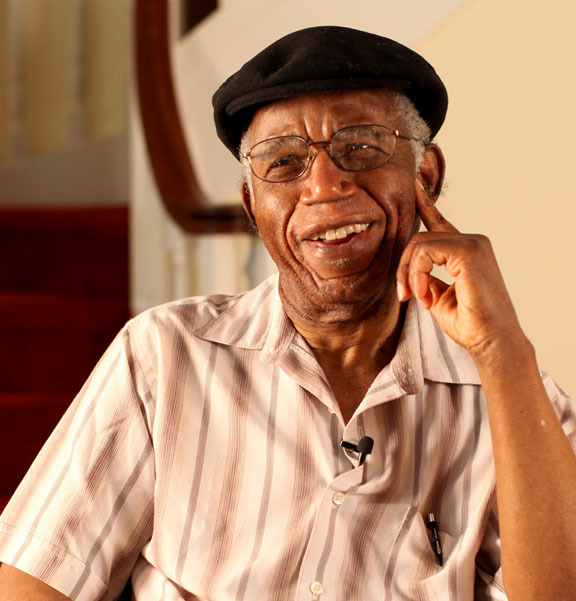

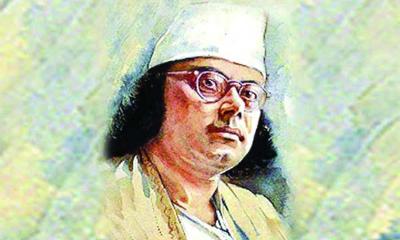
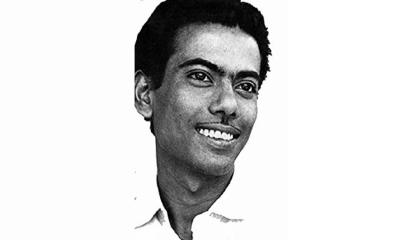
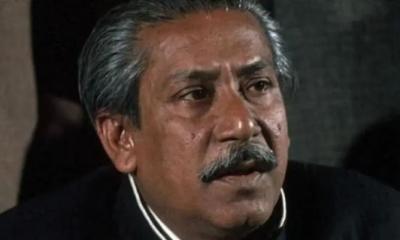
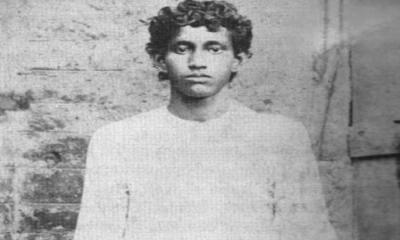
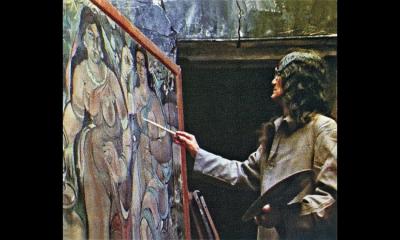





-20260226080139.webp)






-20260225072312.webp)










-20260219054530.webp)
-20260224075258.webp)





-20260221022827.webp)